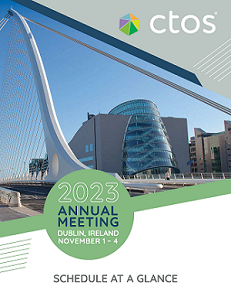
Danh D. Truong, PhD (he/him/his)
Instructor
The University of Texas MD Anderson Cancer Center
My research concentrates on understanding how differentiation affect the sensitivity of bone and soft tissue sarcomas to targeted therapy in an effort to improve response rates in patients with these diseases. Across a diverse group of more than fifty sarcoma subtypes, high-grade tumors – which result from cells that have either failed to differentiate or actively undergone dedifferentiation – are strongly correlated with metastatic potential and poor clinical outcomes. Yet, only in the last half-decade, with the advent of single cell and nuclei profiling, have scientists had the necessary tools to decipher how epigenetic or genetic errors contribute to cell differentiation at a mechanistic level. Our approach is to develop and utilize tools that measure differentiation in a sarcoma cells and develop therapies that can modulate the differentiation status from high-grade to a low-grade sarcoma to prolong patient survival. I have done a significant amount of work on single-cell sequencing of various sarcoma subtypes. These include well-differentiated/de-differentiated liposarcoma, osteosarcoma, Ewing’s sarcoma, and desmoplastic small round cell tumor. This work has led to a first author preprint that analyzes the effect of different dissociation protocols on the transcriptome of various sarcoma subtypes. In addition, we are actively working on characterizing cancer cells and stromal cells within the tumor microenvironment of liposarcoma and desmoplastic small round cell tumor, which will be two promising submissions on the single-cell landscapes of these two tumors.

